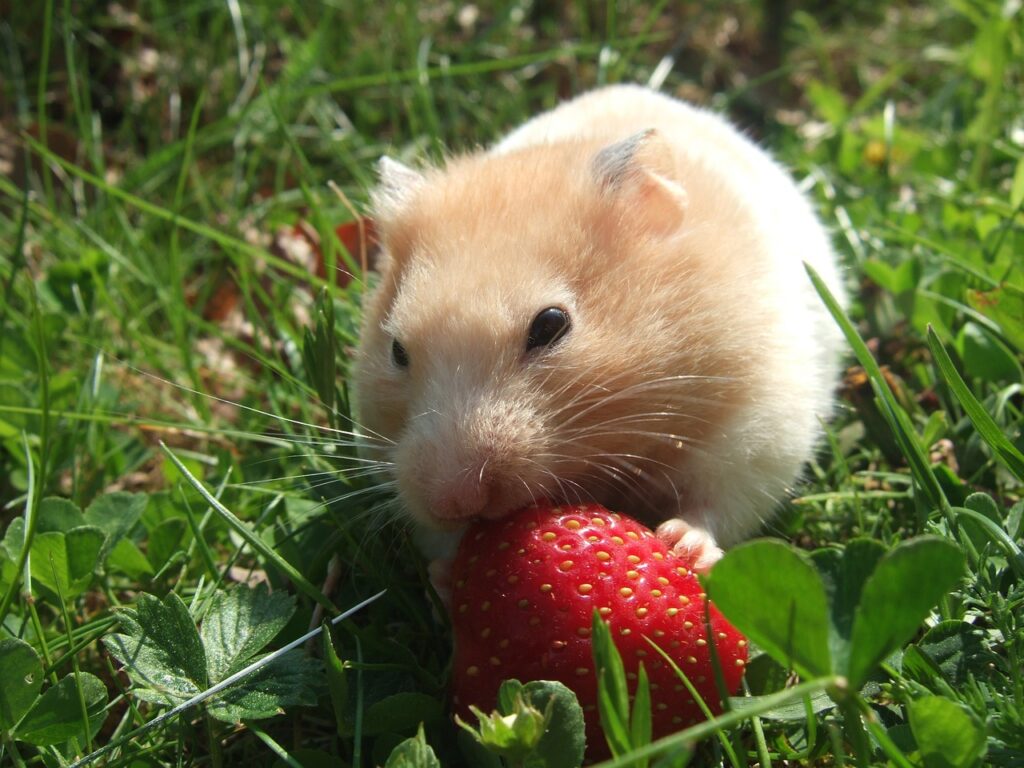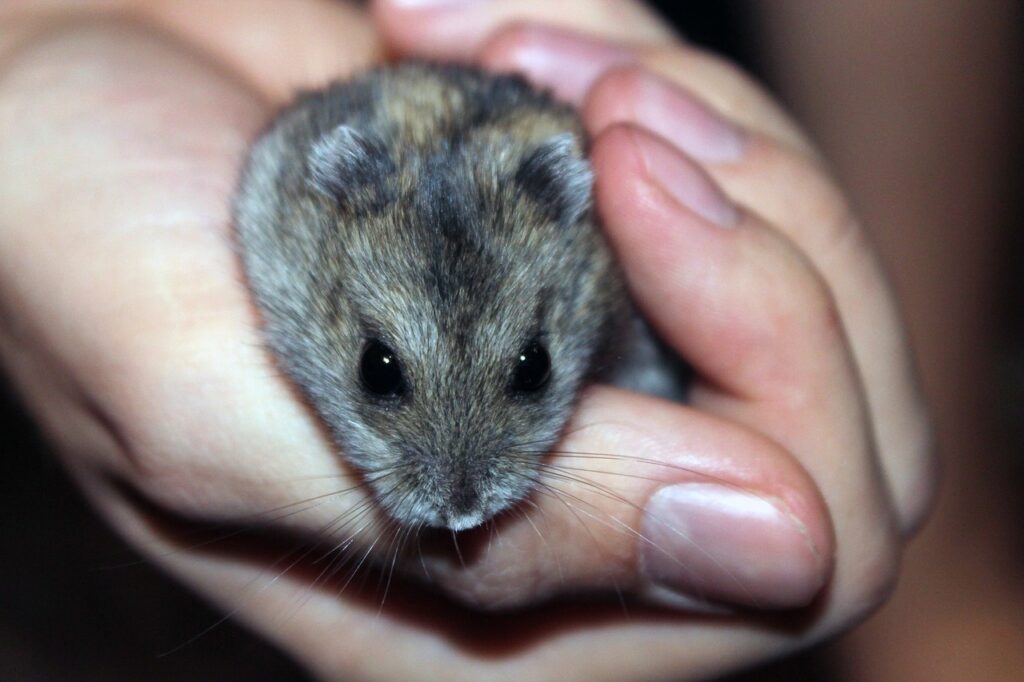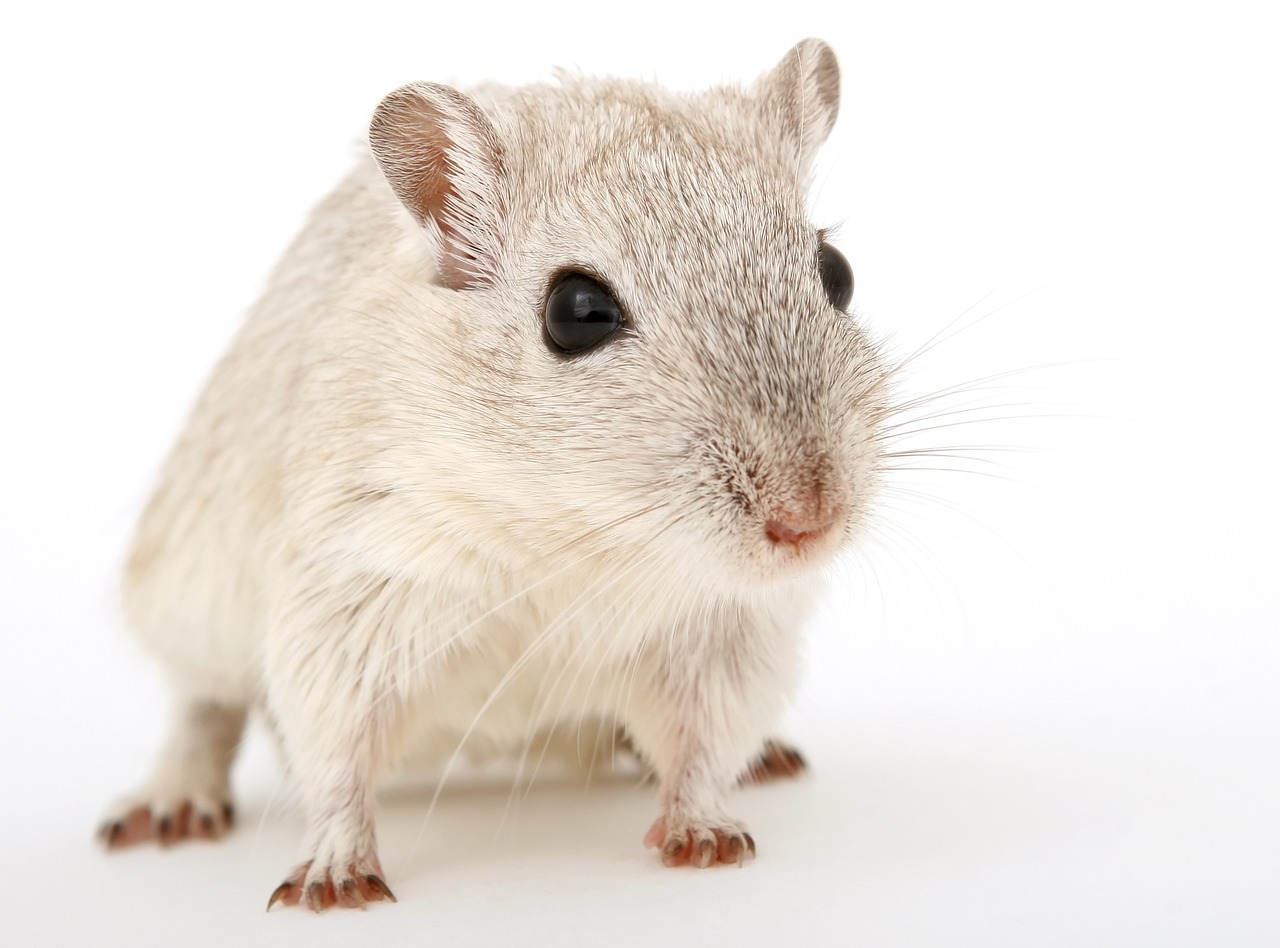
Pet Spotlight: Hamster Care Guide
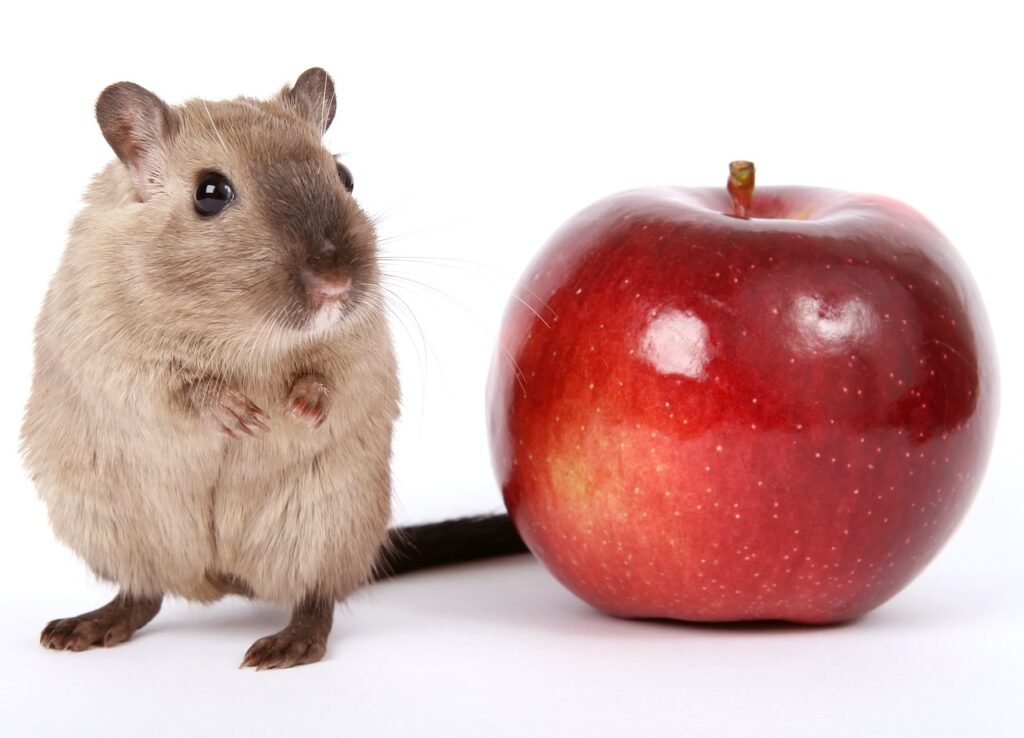
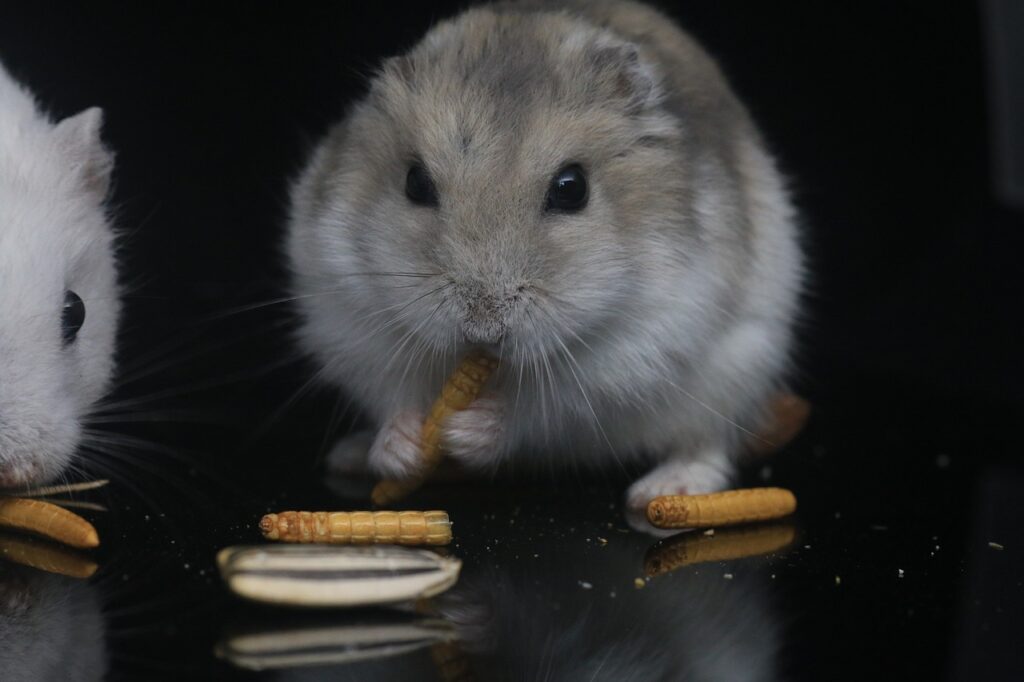
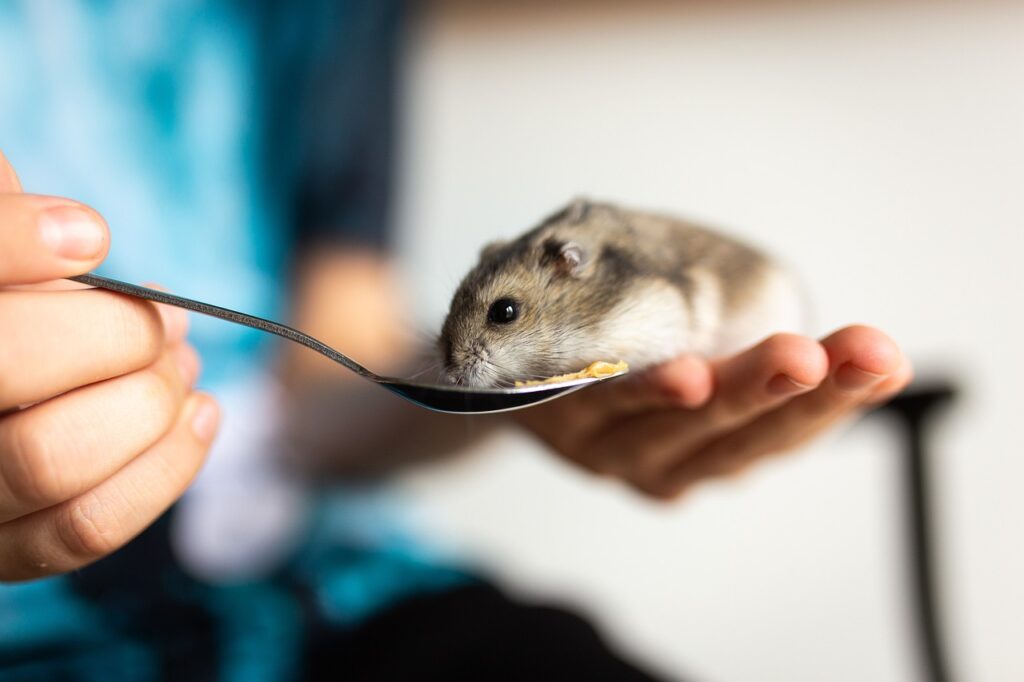
Introduction:
Hamsters are popular small pets known for their adorable appearance and playful nature. These tiny creatures make delightful companions for people of all ages. In this comprehensive care guide, we will explore the various aspects of hamster care, ensuring you have the knowledge and understanding to provide your furry friend with a happy and healthy life.
Physical Characteristics:
Hamsters are typically small rodents, measuring around 5 to 7 inches (13 to 18 cm) in length. They have stout bodies, short legs, and distinctive cheek pouches that they use to store food. Hamsters come in different breeds and coat colors, with some of the common types being Syrian, Dwarf, and Roborovski hamsters.
Lifespan and Longevity:
On average, hamsters live for about 2 to 3 years. However, with proper care and a healthy environment, some hamsters have been known to live up to 4 years. Factors such as genetics, diet, and living conditions play a crucial role in determining their lifespan.
Housing and Environment:
Creating a suitable habitat is essential for your hamster’s well-being. A spacious cage with a solid base and good ventilation is ideal. Line the cage floor with a thick layer of bedding made of paper, aspen shavings, or other safe materials. Provide hiding spots, tunnels, and exercise wheels to keep your hamster active and engaged.
Feeding and Nutrition:
Hamsters are omnivores with a diet consisting of grains, seeds, fruits, and vegetables. High-quality commercial hamster food is readily available and provides essential nutrients. Additionally, offer fresh vegetables like carrots, broccoli, and cucumber as occasional treats. Always ensure a fresh supply of water is available in a drip-fed water bottle.
Health and Veterinary Care:
Regular veterinary check-ups are essential to monitor your hamster’s health and catch any potential issues early on. Common health problems in hamsters include respiratory infections, dental issues, and wet tail (a severe gastrointestinal condition). Provide a clean and hygienic environment to prevent illnesses.
Exercise and Mental Stimulation:
Hamsters are active creatures that need plenty of exercise to stay healthy. A hamster wheel is a must-have item to satisfy their natural urge to run. You can also provide various toys, tunnels, and climbing structures to keep them mentally stimulated and prevent boredom.
Grooming and Hygiene:
Hamsters are generally clean animals and groom themselves regularly. However, you can help by providing a sand bath where they can roll and clean their fur. Regularly clean their cage and replace soiled bedding to maintain a hygienic living environment.
Training and Behavior:
Hamsters are curious and can be tamed with patience and positive reinforcement. Handle them gently and frequently to build trust. Avoid sudden movements or loud noises, as hamsters can be skittish. With time, they will become more comfortable around you.
Best Suited For:
Hamsters are well-suited for individuals or families who have limited space and time for pet care. They are excellent pets for older children who can handle them gently. Due to their nocturnal nature, they are perfect for those who work or study during the day.
Equipment and Supplies:
- Spacious cage with solid flooring and good ventilation
- High-quality hamster food
- Chew toys to keep their teeth healthy
- Exercise wheel
- Bedding materials
- Water bottle with a drip-feed system
- Hideouts and tunnels for mental stimulation
Safety and Pet-proofing:
Keep your hamster’s cage away from direct sunlight and drafts. Ensure there are no small gaps or openings where they can escape. Avoid using cedar or pine bedding, as the fumes can be harmful to their respiratory system. Pet-proof the surrounding area to prevent accidents during playtime outside the cage.
Conclusion:
With the right care and attention, hamsters can make wonderful companions. Their small size and playful nature make them perfect for various living situations. Remember to provide them with a safe, clean, and stimulating environment, and you’ll enjoy the company of your furry friend for years to come.

